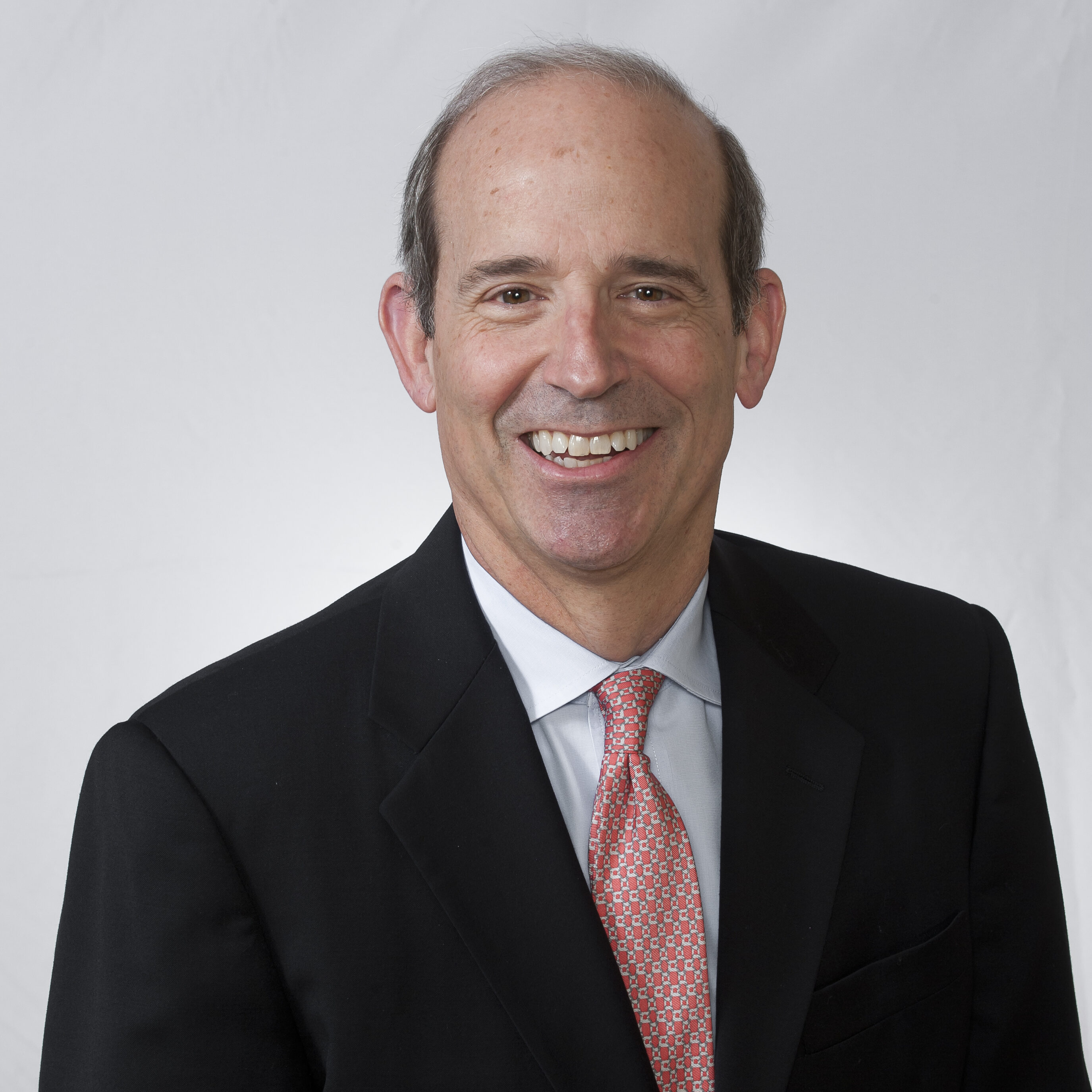
Information and education are an essential part of the client experience, and we
are here to provide resources and insights to help keep you advised.
Today’s most dangerous cyber threats don’t come from hackers breaking into systems- they come from someone convincing you to open the door for them. When most people think of cybercriminals, it conjures up the notion of dimly lit rooms full of nefarious characters feverishly typing computer code, attempting to access your sensitive personal data. But in today’s cybersecurity landscape it’s almost always much simpler; the criminals ask for information directly, and many people unknowingly provide it. These scams, referred to as “social engineering schemes,” manipulate your trust, sense of urgency, or make you afraid. The perpetrators use these tactics to manipulate you into sending money, clicking a link, or handing over access. These attacks don’t require technical sophistication; they rely on something much more powerful, your willingness to act- quickly, emotionally, and often without verifying critical details. The Real Risk: It’s About What They’re Asking You to Do It doesn’t...
10.03.2023
It seems that Chatbots and Artificial Intelligence are invading every part of modern life. According to recent news reports, over 80% of Fortune 500 companies have adopted one of the new large language AI models.[1] Goldman Sachs estimates that AI adoption could enable a 1.5% increase in labor productivity resulting in an increase of 1.1% per year of Gross Domestic Product (GDP – the total value of all goods and services produced by the economy). Given that our GDP normally averages around 2.5%, a 1.1% addition to our average GDP could represent a 40% increase, significantly impacting corporate earnings and market valuations across the economy.[2] Certainly, AI models can organize, summarize, reconcile, and interpret labeled data beyond human capacity, but can they duplicate the more intangible aspects of human endeavors? These models increasingly mimic human behaviors and beg an intriguing question: are they more than just a better abacus that...

Manchester Capital Management is proud to announce that Founder and Executive Chairman, Ted Cronin, has once again been honored among Barron’s “Top 100 Independent Financial Advisors.” According to Barron’s, the ranking reflects the volume of assets overseen by the advisor and their team, revenues generated for their firm, and the quality of the advisor’s practice. Ranked 12th this year, it is Ted and Manchester Capital’s 17th consecutive mention on the list. Since its inception, Manchester Capital Management has been synonymous with industry-leading financial advisory services that emphasize personalized strategies tailored to individual and client families’ unique goals and objectives. Since its founding over 30 years ago, Manchester has evolved into a team of 35 employees who are dedicated to fostering a culture of innovation, trust, and integrity within the firm. “This is a wonderful recognition of our Manchester team and the incredible clients we have the privilege of serving. Our...

The year 2022 was a bloodbath for both equity and bond markets–the S&P 500 was down 18% and the Bloomberg US Aggregate Bond Index had its worst year ever, down 13%. This year, 2023, began with the US debt ceiling standoff, followed by a banking crisis, and continued rate hikes by the major central banks. The economy seemed like it would get worse before it got better, and the consensus was calling for a near-term recession. However, the stock market quickly shrugged off many of these concerns. Year-to-date as of August 31, the S&P 500 is up approximately 17% and NASDAQ is up approximately 34%. The S&P 500 is officially in a bull market (i.e., up at least 20% from its recent lows in October 2022). With the Federal Reserve and some economists no longer forecasting a recession[1], it makes one wonder what has changed in the last few months....

The cost of a college education is typically the first great expense a young person encounters. According to the Massachusetts Educational Financing Authority (www.mefa.org), an average in-state public college will run roughly $24,000 for the 2023-2024 year and a little more than $100,000 for a four-year degree. Meanwhile, the average private college will cost about $55,000 for a starting freshman and could total more than $230,000 over the course of four years. Herbert Stein, an American economist, famously said, “If something cannot go on forever it will stop.” The growth of college costs will peak at some point and then recede; when that will occur is much more difficult to predict. Until that time, we will address circumstances as they currently are—how to finance this significant expenditure and how to view saving for college as a wealth transfer strategy. For the purposes of this piece, we will assume that our future...

For more than three years, the United States economy has been working through a massive set of disruptions related to the COVID pandemic, the subsequent policy responses, and the second-order effects of those responses including a spike in inflation, interest rate volatility, evolving living and working patterns, and accelerating technological innovation. These disruptions have touched nearly all aspects of our daily lives with significant reverberations throughout the real estate industry. Real estate is inherently cyclical and highly dependent on capital markets and debt for liquidity. Commercial real estate in particular has seen tremendous impacts from these recent disruptive forces. Transaction volume initially dropped and subsequently skyrocketed during the pandemic as stimulus and historically low interest rates drove investors into any assets offering positive yields. As a result, valuations increased as investors drove pricing higher in auction processes. Rents, particularly in the apartment and industrial sectors, increased substantially due to strong...

There are few concepts more central to achieving long-term investing success than portfolio diversification. This idea, which at its core is simply not having all your eggs in one basket, has taken on added complexity in recent years thanks to the widespread adoption of so-called alternative investments. The term has come to encompass an incredibly diverse range of strategies and approaches with a correspondingly wide range of potential outcomes for investors. Alternative investments can provide important benefits to investors if approached carefully and according to a sensible investment plan, especially at times with significant market uncertainty such as we’ve experienced in recent years. Alternative investments (also called alternatives, or alts), writ large, can be difficult to categorize. We consider them to be anything that is not a traditional stock or bond market investment. The range of alternative investment strategies includes: An important feature of each of these categories of investment...

One of the special things about families is that each one is completely unique. Each member with their own lived experiences and interactions, and the context in which the family is embedded, creates that uniqueness. While each member might be familiar with their family’s idiosyncrasies, navigating these can be challenging, especially when it comes to behaviors around money. Family meetings, however, are one of the single best tools families can use when confronted with decisions that will affect all family members and future generations. These meetings can bring a family closer together, foster communication, and help the family plan for the future. In this article we will explore the importance of family meetings and provide guidance on how to make them as productive and enjoyable as possible. Bringing a family together through a meeting signals that there is some shared purpose and reinforces the idea that each family member is...

Following the collapse of Silicon Valley Bank and Signature Bank, banking regulators appeared on Capitol Hill last week. Fed Vice Chair for Supervision Barr and FDIC Chair Gruenberg testified before the Senate Banking and House Financial Services Committees about the recent bank failures. The Federal Deposit Insurance Corporation estimates it will cost $22.5 billion to backstop both Silicon Valley Bank and Signature Bank, guaranteeing all deposits. After the initial shock of these bank failures and the heightened sensitivity around bank holdings, the market rapidly adjusted to the new risks with the quickest monetary tightening in 44 years. Still, banks face several headwinds. First, the yield curve remains inverted—longer-term interest rates are lower than short-term rates. For example, the 10-year Treasury is yielding 3.38%, while the Fed Funds rate is 5%. This inversion is the largest in 42 years. It is generally viewed as a bearish signal for the economy,...

Little Edward pulls out his 4th grade homework after a long day of practicing spelling and drawing chalk-art flowers. Tonight’s assignment: write a computer program in JavaScript to track his friends’ birthdays. Easy. Edward sits down in front of his PC, opens his Chat GTP app and speaks into the microphone. Thirty seconds later, the program is compiled and on his schools’ share drive, ready for his teacher to grade. If you’ve been listening to the news, apps like ChatGTP, Bard, and Jasper are conversational Artificial Intelligence (AI) programs that are already editing research papers, passing business school exams, creating paintings, and composing music. One simply speaks (or types, for those of us so inclined) our request into the program and in short order the AI produces whatever end result we desire, from writing computer programming language to composing a sonnet. The pace of change in the technology space can...

Frequently misunderstood elements of homeowners’ insurance and structural problems in the homeowners’ insurance industry can create problems for an unwary consumer. Several of the families we work with in California and Florida have received letters from their insurance providers informing them that the companies will no longer provide them with insurance. Additionally, in performing risk reviews for new client families, we often find gaps in coverage related to common misunderstandings. To illustrate how these insurance concerns might arise we dive into the fictional tales of woe of siblings John and Jane Doe, both of whom received such non-renewal letters. John Doe lives in California, the golden state and land of wildfires, mudslides, and earthquakes. John paid high homeowners’ insurance premiums to protect him from these risks and even understood that earthquakes were excluded from most policies and required separate coverage. John had learned that lesson the hard way, having moved...

FOR IMMEDIATE RELEASE [CHARLOTTESVILLE, Virginia, February 9, 2023] Jeff Hall will be assuming Manchester Capital Management’s CEO position from Founder, Ted Cronin, following 30 years of industry-changing leadership pioneering the multifamily concept. Jeff will lead the bi-coastal firm from the Charlottesville office and will be responsible for the day-to-day management and operational matters. Ted will serve as Executive Chairman of the Board and continue to be involved with client service and business development. “Jeff is an effective and proven family office professional who will spur innovation while continuing Manchester’s client-first culture,” stated Ted. “The Board of Managers is confident that Jeff’s commitment to Manchester’s client families, to the colleagues, and to maintaining the firm’s independence as an employee and client owned firm.” The firm offers innovative investment strategies, including direct real estate, access to unique alternative strategies, and a wide variety of Family CFO and concierge services. Manchester has been consistently...

At the beginning of the new year, we asked colleagues to reflect on the good and the bad of 2022. A diversity of obvious answers came flowing in – pandemic retreats, Ukraine war begins, markets decline. But we also recognized some larger trends were developing that promise to impact the future. Our limited survey revealed challenges, innovations, failures, and accomplishments that are bound to make an impact for years ahead. We wanted to share several of the insights and encourage readers to reflect on their own. Negative Trends in the last year: FEDERAL DEBT HELD BY THE PUBLIC, 1900 TO 2052 Percentage of GDP Positive Trends in the last year: GAME STOP PRICE CHART | 5 YEARS There are many other equally, or more important, trends that can be identified. 2022 was a historic year that will leave its impacts for many years. 2023 promises to present new challenges with...